Hibben: A Roe v. Wade Reversal Could Mean the End of an Unbiased Supreme Court
(Graphic by Sydney Stam | The Daily Utah Chronicle)
November 20, 2021
This December, the Supreme Court will start hearing arguments of Dobbs v. Jackson Women’s Health Organization, which challenged a Mississippi law that would ban abortion after 15 weeks. Jackson Women’s Health Organization, the only abortion provider in the state, succeeded in blocking the law. Mississippi has asked the Supreme Court to decide if pre-viability bans violate the Constitution.
Unlike the controversial vigilante-enforced Texas abortion ban, Mississippi would directly enforce this law. While federal courts have thrown out Mississippi’s attempts to defend the law, the Supreme Court has decided to hear the state’s arguments, a concerning step that might risk the reversal of Roe v. Wade.
Mississippi’s ban directly violates over 50 years of precedent that protects a woman’s right to choose. The Supreme Court should reverse Mississipi’s law to protect women and all persons from government interference in our personal health decisions.
Mississippi’s Laws against Abortion
Mississippi’s 2018 law blocks all abortions before 15 weeks and has another blocked ban for abortions after 6 weeks. This goes against the decision in Roe v. Wade to protect a woman’s right to choose before viability, which can range between 24-28 weeks. The Court has said that restrictions can be set into law only after viability.
However, Mississippi has other severe abortion restrictions. The state has only one abortion provider, and in 2017, 91% of Mississippi women had no access to this clinic. Mississippi, like Utah, also enacted a trigger ban would immediately ban all abortions if Roe v. Wade was overturned.
Mississippi requires individuals to make two in-person trips to the clinic, with a 24-hour separation. To receive an abortion, you must have the financial ability to travel to and stay near an abortion clinic for 72 hours, severely impacting those of low-income status. You must then undergo an ultrasound and view the image before agreeing to an abortion. This tactic aims to traumatize and harass patients into changing their minds.
Surgical abortion, an incredibly safe and effective method of abortion, is also banned. And the state contradicts itself and requires clinics to meet unnecessary standards, a reason why so many clinics have closed. And those seeking medical exceptions, or exceptions in cases of rape or incest, face limited flexibility. Mississippi’s 15-week ban doesn’t have exceptions for cases of rape or incest, risking children’s health in addition to adult women’s.
What the Court Could Decide
For decades, the Supreme Court has protected a woman’s right to her privacy in regards to both abortion and birth control. The Court has struck down pre-viability bans in several states, including Utah.
The undue burden test was first referred to in Planned Parenthood v. Casey and is used to determine the constitutionality of an abortion restriction. The court wrote, “A provision of law is invalid if its purpose … is to place a substantial obstacle in the path of a woman seeking an abortion before the fetus attains viability.”
However, the court has changed tremendously since those decisions. It has shifted to a conservative majority, especially with the additions of Trump appointees Justice Amy Coney Barrett, Justice Brett Kavanaugh and Justice Neil Gorsuch. Justice Barrett came under fire because of her past opinions supporting the reversal of Roe v. Wade. Justice Kavanaugh and Justice Gorsuch both voted for a strict Louisiana abortion ban to proceed. A small 5-4 majority struck down the Louisiana ban before Justice Barrett’s arrival.
Abortion advocates have indicated that this decision directly asks the court to either protect or reverse Roe v. Wade. And with this conservative majority, all abortion precedent could be reversed.
What This Means for the Future
There are severe implications of this case. Millions of women will lose access to safe, private health decisions if abortion is banned. There’s no evidence that illegalizing or restricting abortion reduces abortions. Instead, it only reduces safe access to them. Illegality forces women to use dangerous, unsafe methods that risk their health and general wellbeing.
When the Supreme Court legalized abortion, the number of unsafe illegal abortions procedures fell by over 100,000. Unless we want to go back in time, we must remember our country’s dark history of the lives lost in botched back-alley abortions.
The Supreme Court has enormous power to strike down or continue controversial law. Their decisions can be independent of the wants of the American people. If the court decides to lean into its own political opinions rather than following legal precedent, it could react the same way to any political topic it disagrees with. If the court feels it is necessary to strike down protected precedent so easily, there could be a shift in the amount of power the “least dangerous branch” possesses.
A politically swayed court could strike down any legislative or executive decision it dislikes regardless of public opinion. Even if you don’t support abortion, this decision impacts everyone. It risks the privacy and protection of healthcare decisions for citizens, and it also could mean the beginning of an even more divisive political climate for this country.


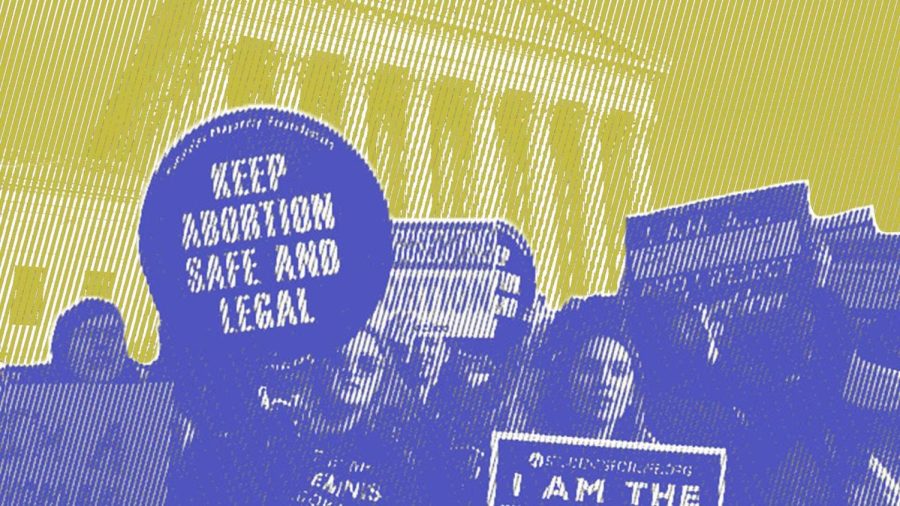


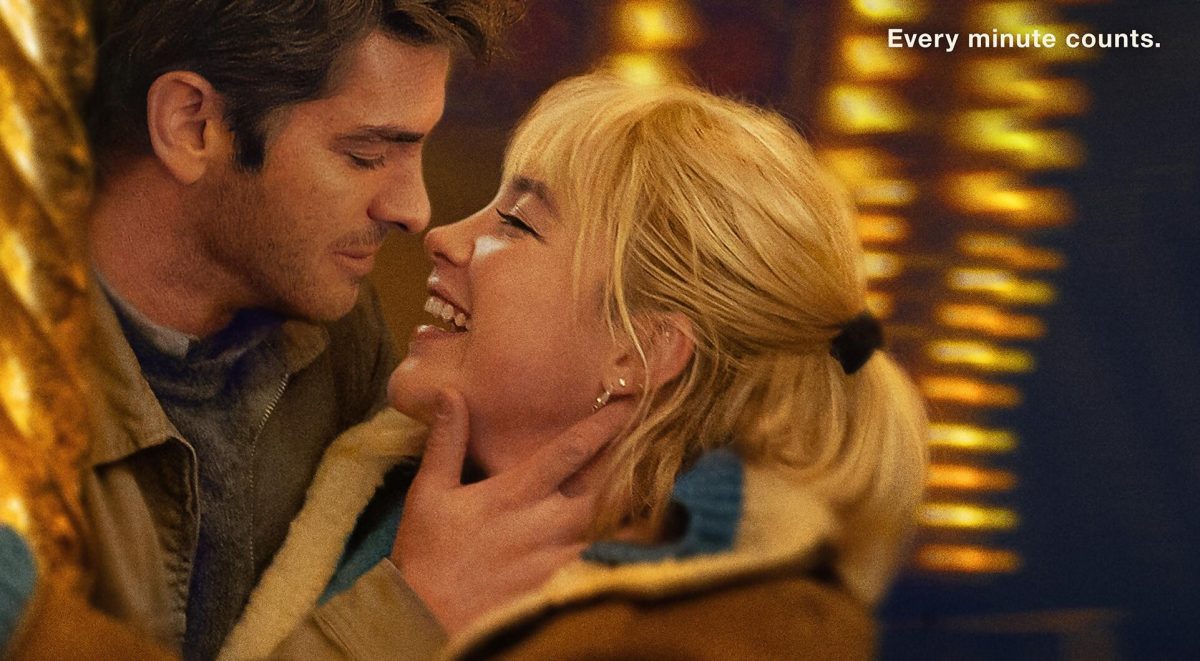
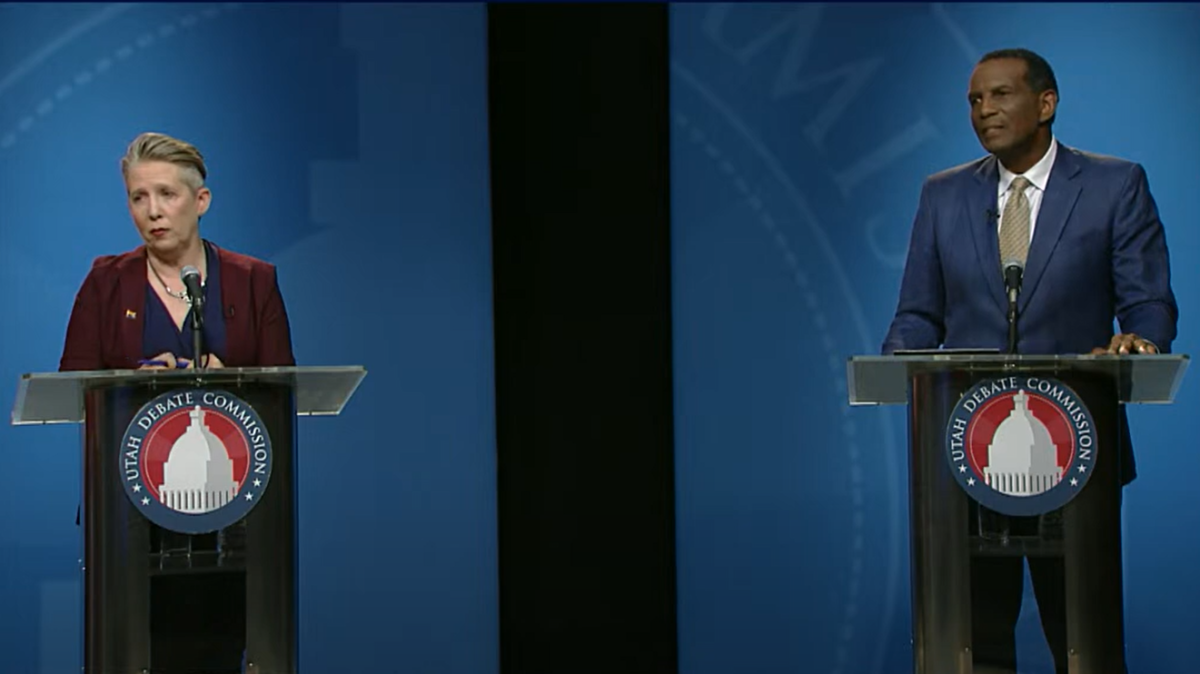
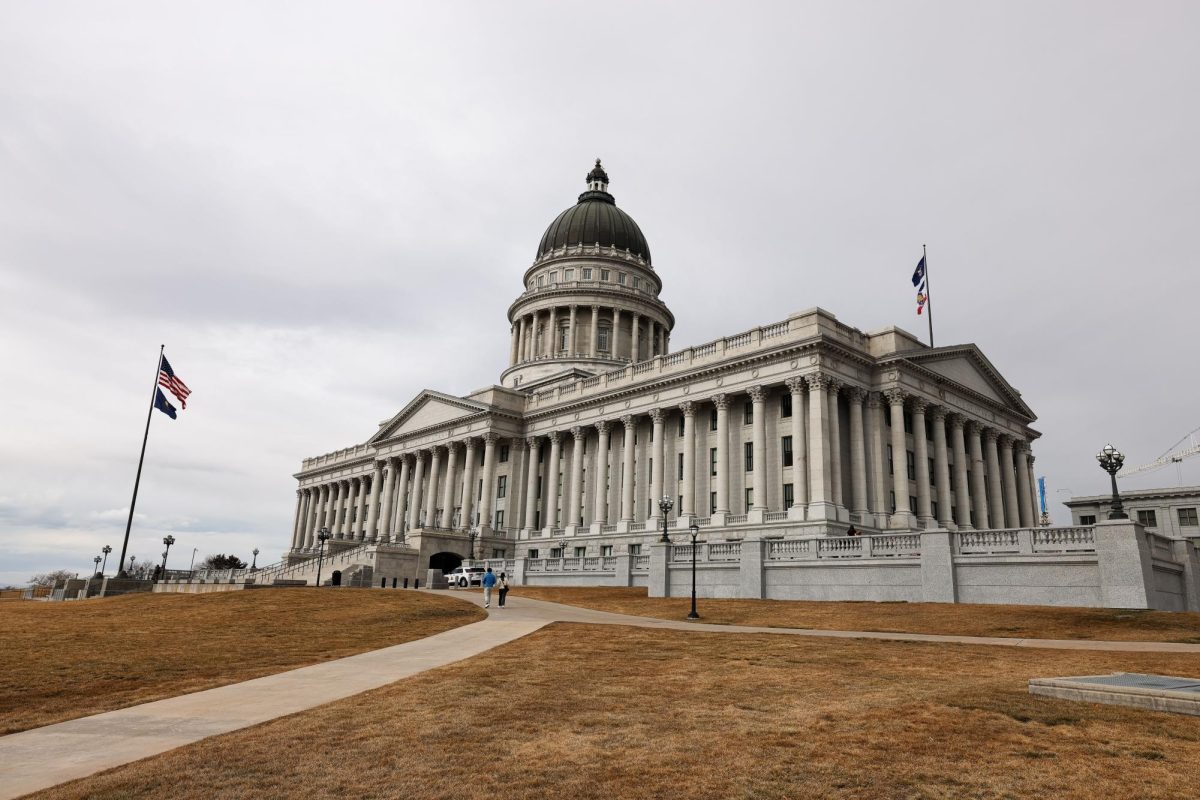
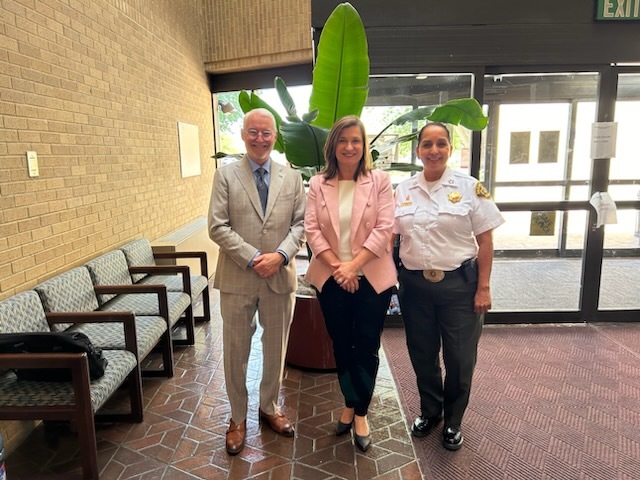

emma • Nov 23, 2021 at 8:15 pm
Spoiler alert: Pre-viability bans DO violate the Constitution. The Constitution explicitly protects LIFE. Life begins at conception, life is a human right, and human rights begin in the womb. The dehumanization of an entire group of people based on their stage of life or social status is an incredibly dangerous road to go down. The unborn deserve to have a chance to live, and woman undoubtably deserve the right to decide what to do with their own bodies. However, the woman’s choice ends when her body is not the body in question.
emma • Nov 23, 2021 at 8:17 pm
DO NOT violate*
typo. my bad.
patrick shea • Nov 23, 2021 at 12:14 pm
This situation of discarding 50 years of judicial precedent reflects, in part, the negligent way we have approached exercising our franchise. Instead of getting everyone out to vote we let public matters of importance simply slip away.
I have taught at Universities and Colleges for over 40 years. What I have found haunting is the seeming indifference many students and those under 30 have about our election process.
Please reawaken. Vote. Get involved in local, county and state politics. And, yes, your voice/presence counts, particularly at the national level. Pat Shea [email protected]
Hate the Chronicle • Nov 23, 2021 at 7:57 am
Utah Chronicle shocks again with one of the most biased opinions. Taking strictly liberal talking points without even mentioning opposing points of view or even attempting to address them. Bravo. Wonderful writing as per usual.
Nick Best • Nov 23, 2021 at 7:38 am
Keep your opinions to yourself and quit sending this crap to students. Nobody cares what you think.